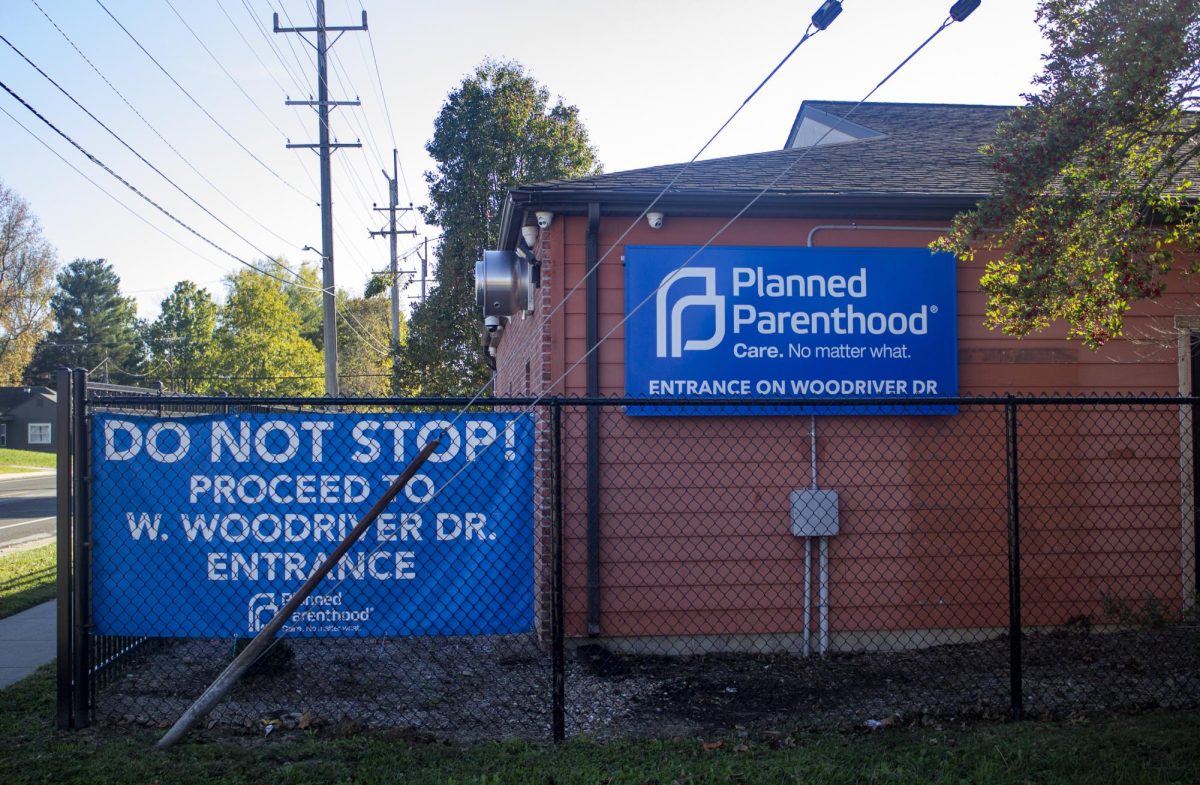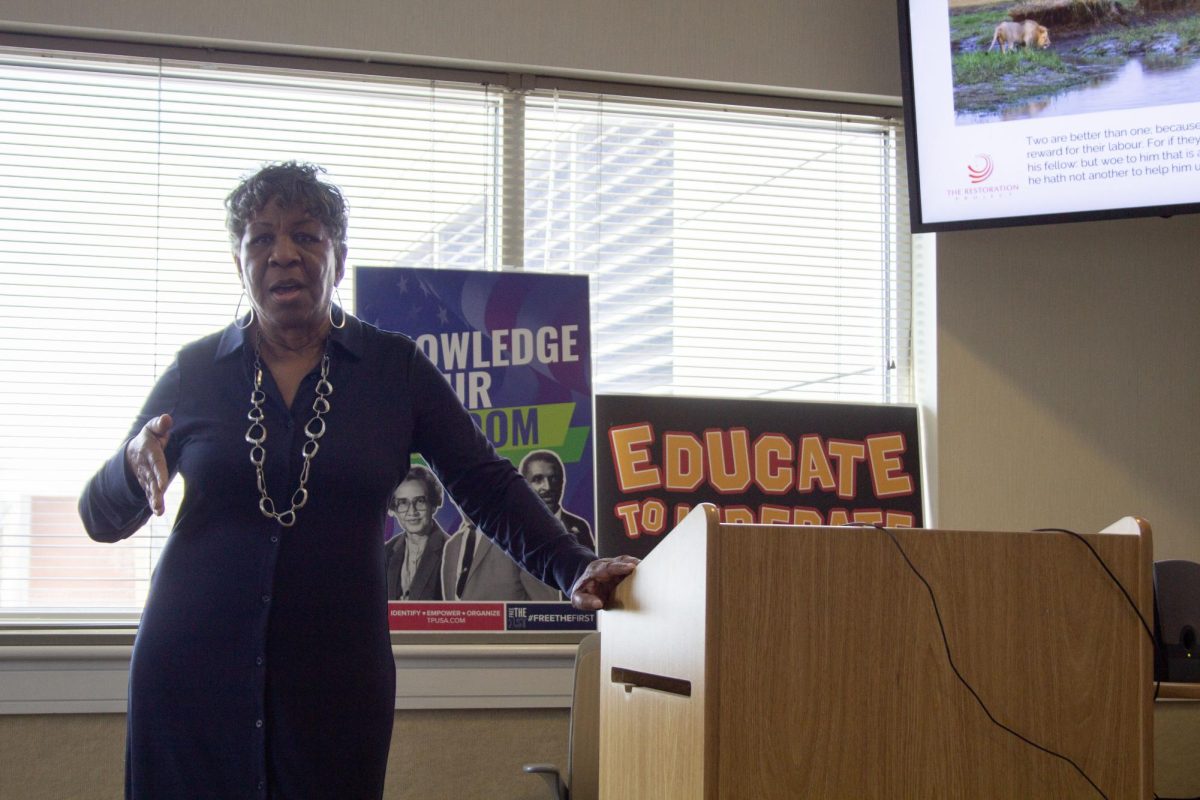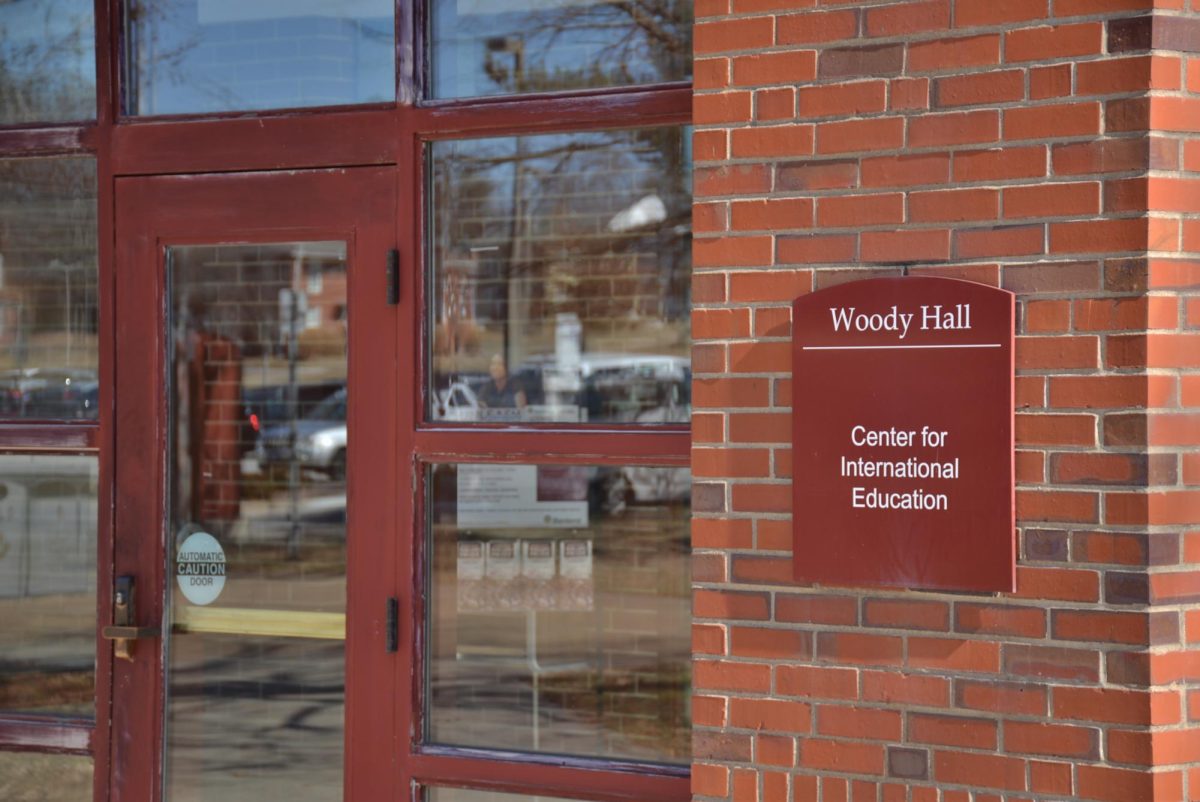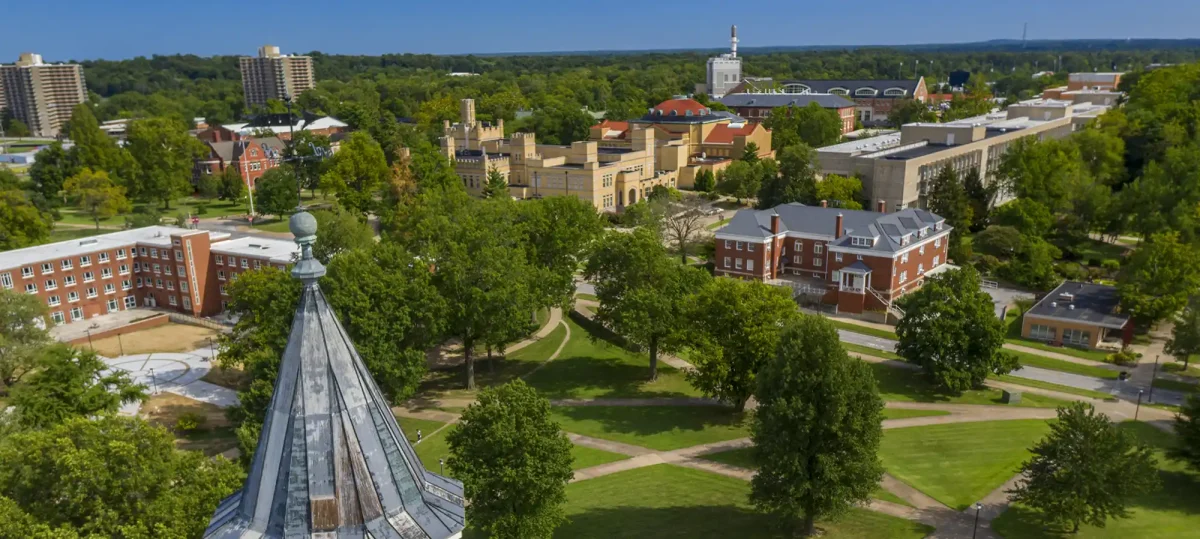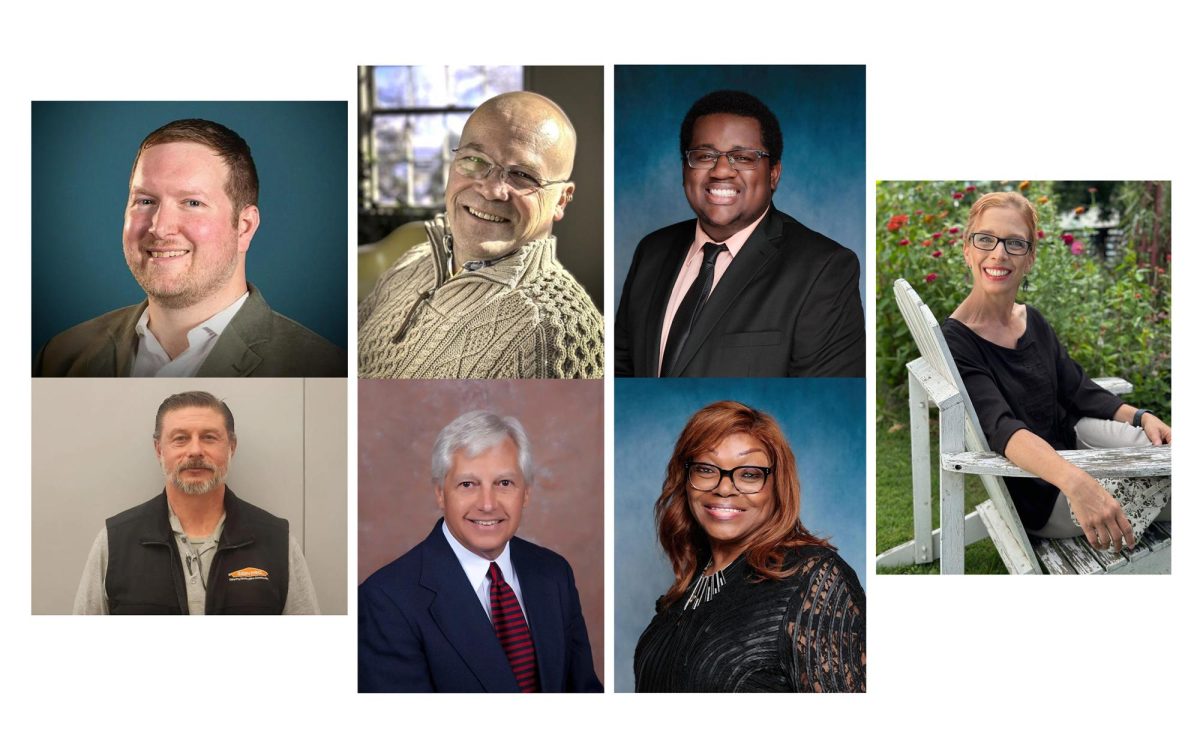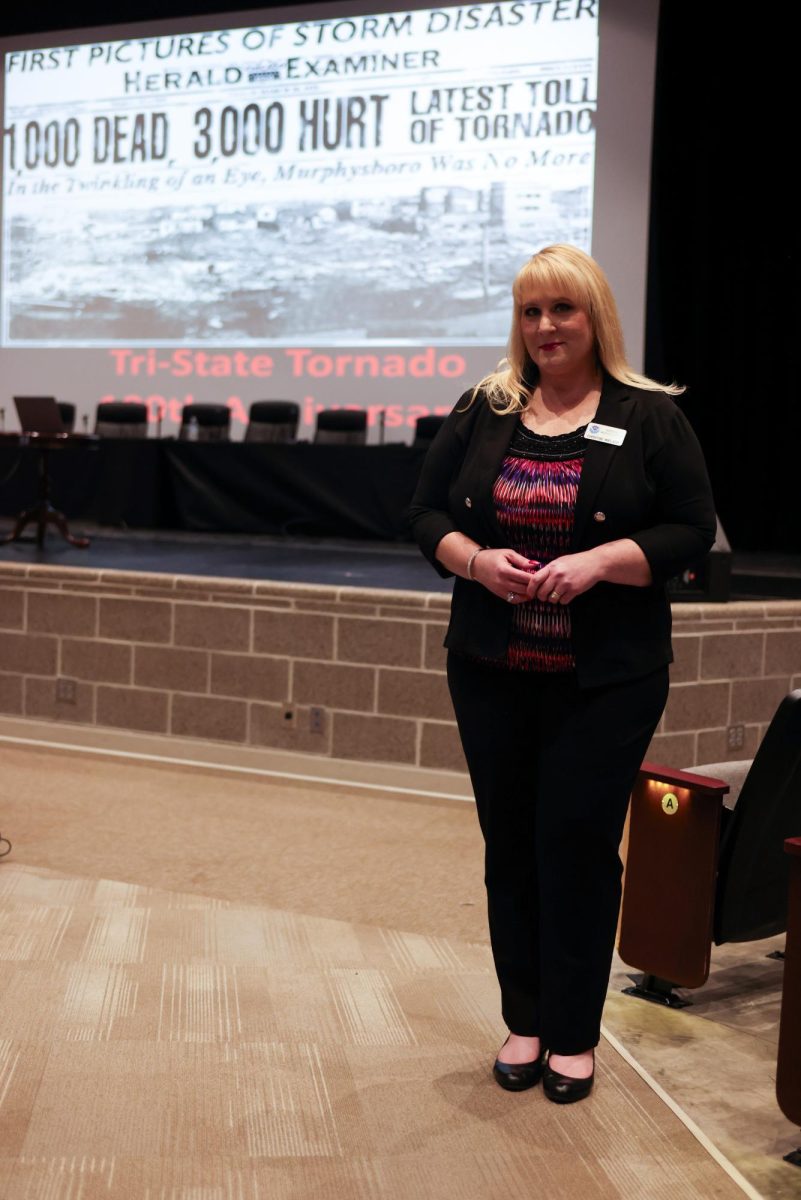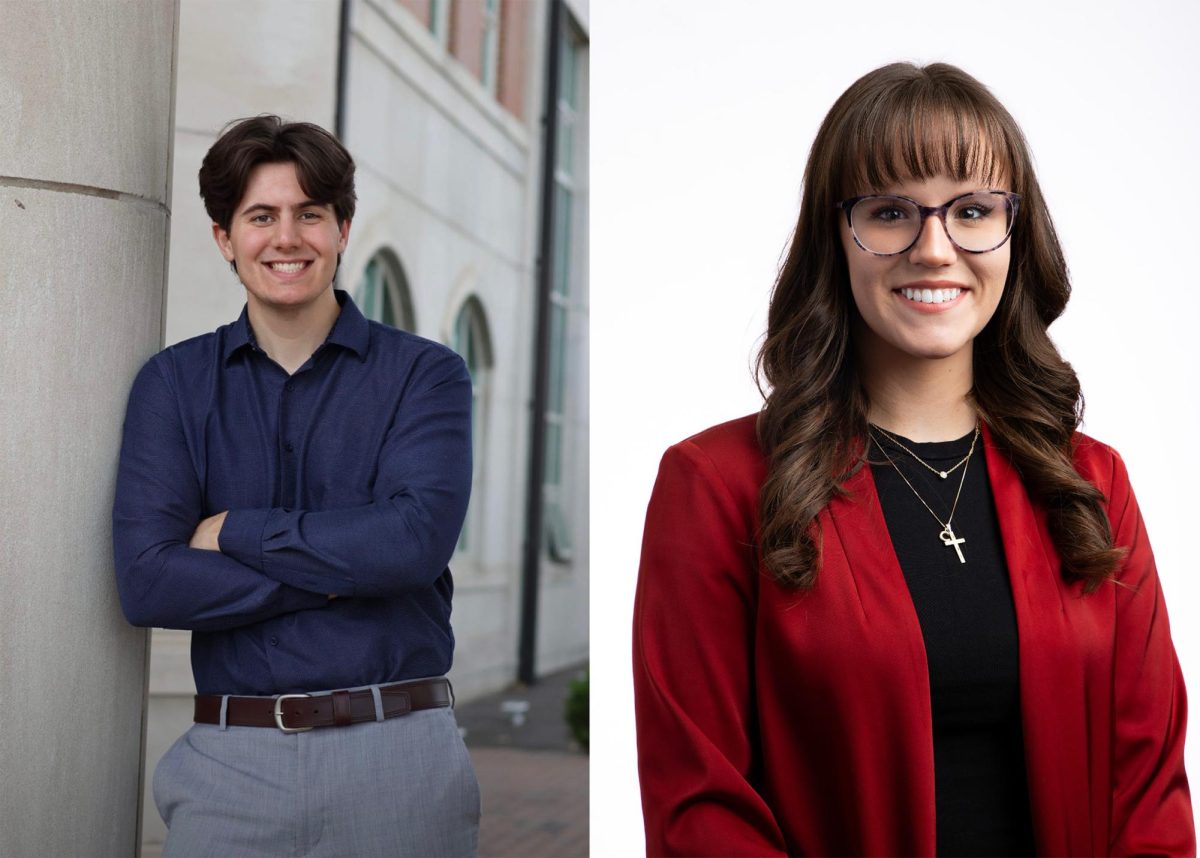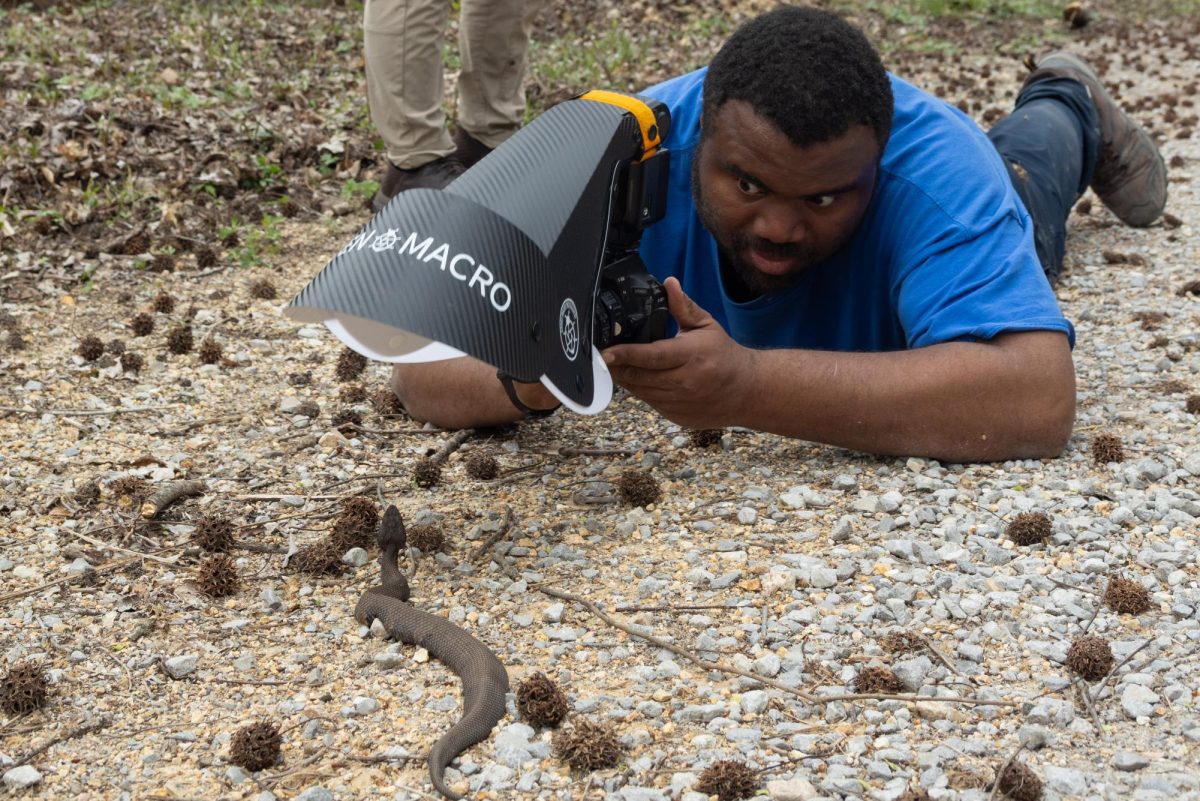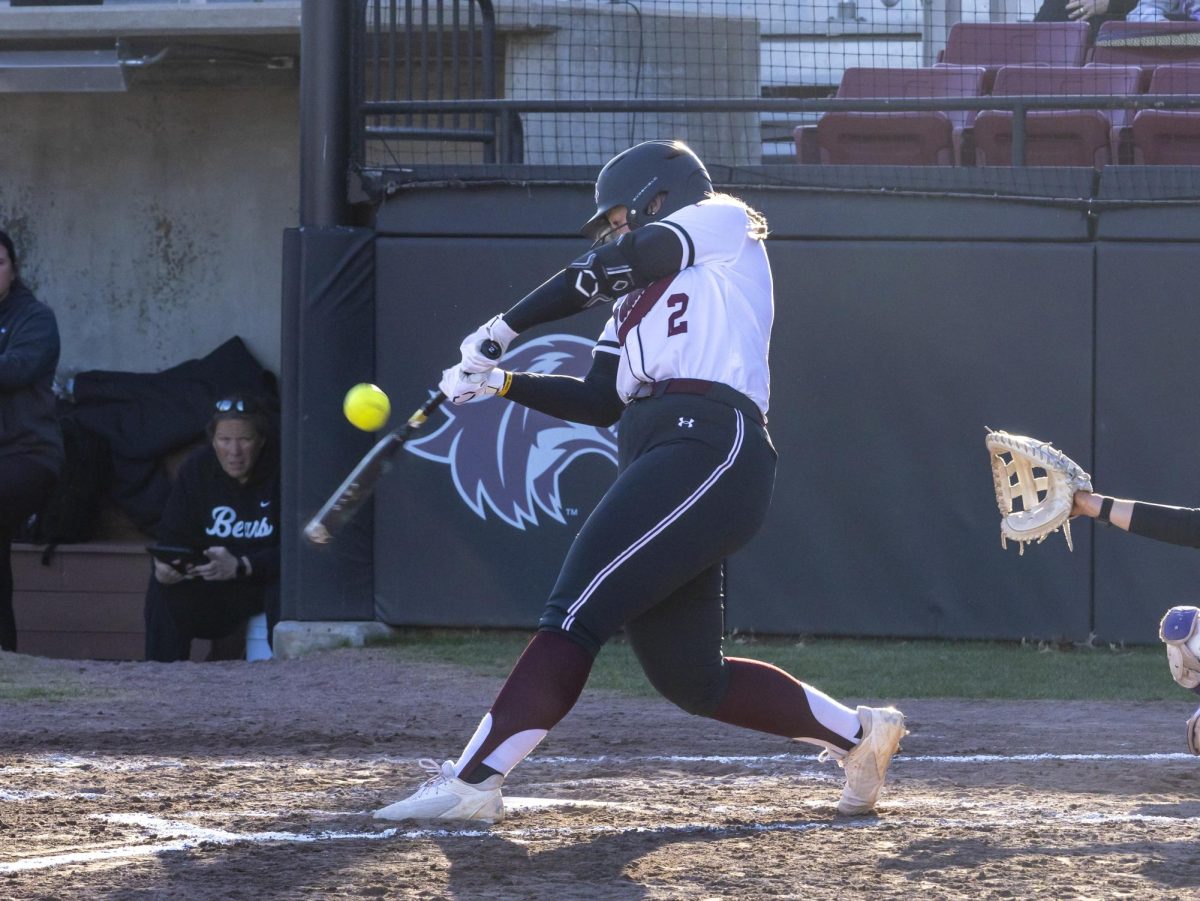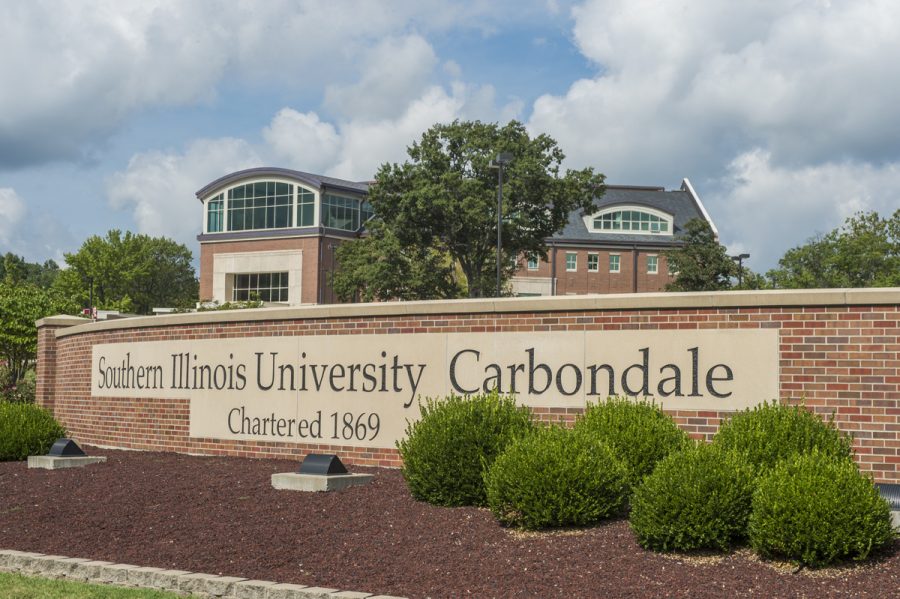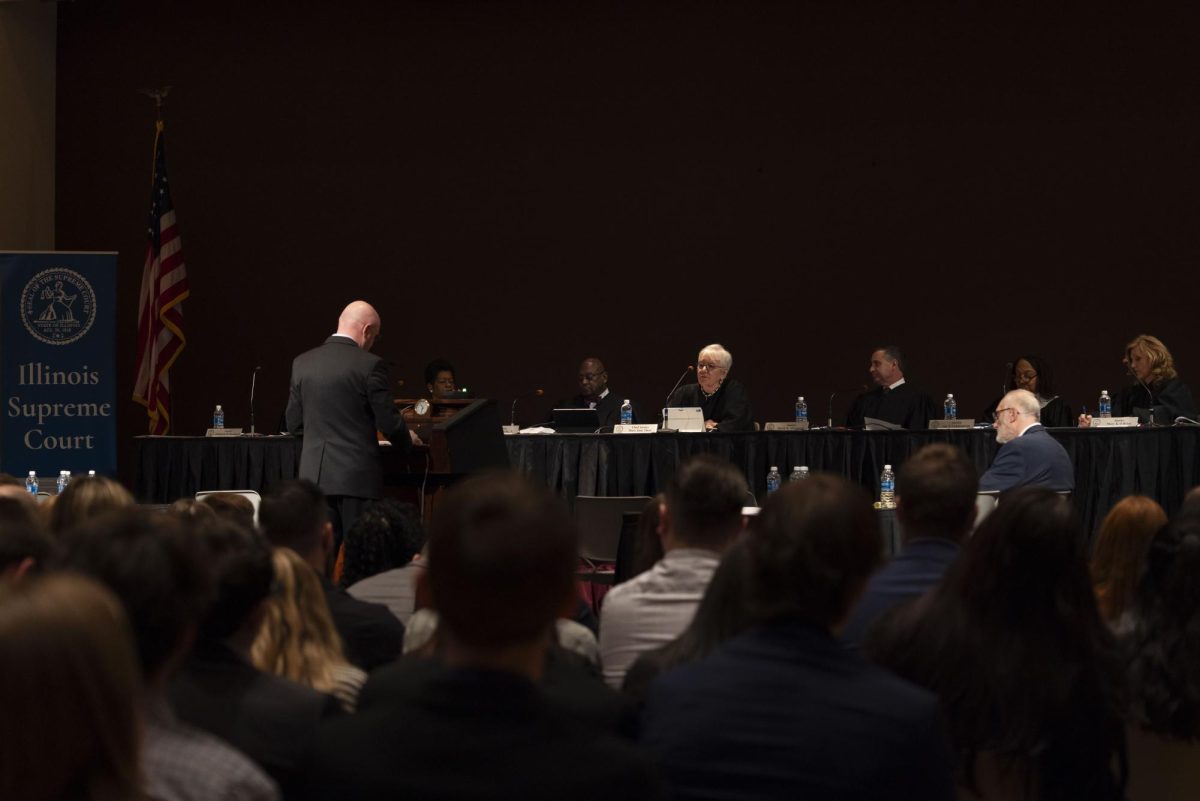The U.S. Supreme Court this week declined to review a case challenging a since-repealed Carbondale ordinance intended to create a buffer between anti-abortion activists and those seeking reproductive care.
Carbondale officials declined to comment and have given no indication they plan to reinstate the ordinance, though anti-abotion activists vowed to fight it again if they do.
Advertisement
The case, Coalition Life v. City of Carbondale, sat on the Supreme Court’s schedule for four months before justices declined to take it up, effectively ending the case.
After the Dobbs v. Jackson Women’s Health Organization decision ended federal abortion protection, Republican-led states tightened abortion restrictions, while Illinois moved in the opposite direction, becoming a safe haven. Three clinics opened in Carbondale, a small southern Illinois college town with direct access to multiple southern and Midwestern states and an Amtrak stop.
It quickly became one of the closest options for patients traveling from across the region — but also drew anti-abortion protesters and self-described sidewalk counselors who aim to dissuade women from seeking abortions.
Advertisement*
During a January 2023 Carbondale City Council meeting, residents and abortion rights activists decried what they called disruptive behavior outside clinics as patients and staff tried to enter. The council then voted unanimously to amend its disorderly conduct ordinance, making it illegal to come within 8 feet of a person without their consent within a 100-foot radius of a medical facility.
Following the enactment of this “buffer zone,” Coalition Life, an anti-abortion organization based in St. Louis, sued the City of Carbondale, claiming the ordinance was an infringement on one’s right to free speech. Two lower courts had previously dismissed the challenge, citing Hill v. Colorado, a 2000 Supreme Court ruling that upheld a similar Colorado law.
In July, Coalition Life petitioned the Supreme Court to review the Carbondale case in hopes of overturning Hill v. Colorado. Three days earlier, the Carbondale City Council rescinded the ordinance, but Coalition Life pressed forward with its petition, saying nothing would otherwise stop the city from reinstating it.
Though the case did not receive the four votes necessary for a review, Justices Samuel Alito and Clarence Thomas wanted to hear it, along with a similar case from Englewood, New Jersey. Thomas dissented writing, “a majority of this Court recently acknowledged that Hill ‘distorted [our] First Amendment doctrines.’” He noted that several justices have described Hill as “absurd,” “defunct,” and “erroneous.”
The justices argued that since Roe v. Wade was overturned in Dobbs v. Jackson, any justification for buffer zones has been weakened.
“Hill has been seriously undermined, if not completely eroded, and our refusal to provide clarity is an abdication of our judicial duty,” Thomas wrote. “…I would have taken this opportunity to explicitly overrule Hill. For now, we leave lower courts to sort out what, if anything, is left of Hill’s reasoning, all while constitutional rights hang in the balance.”
Coalition Life Executive Director Brian Westbrook said this week that his organization is “frustrated that the Supreme Court did not take up the case” but also is “very thrilled with Justice Thomas’ dissenting opinion.”
Coalition Life volunteers and paid staff participate in sidewalk counseling outside Carbondale’s abortion clinics most days to offer alternative services and engage in what Westbrook describes as “peaceful and prayerful discussion” with those entering for reproductive health services.
Mayor Carolin Harvey and City Attorney Jamie Snyder declined to comment on the Supreme Court’s decision not to take up a review.
Regardless, Andrea Gallegos, executive administrator of Alamo Women’s Clinic, said it represents a win for patients and reproductive care clinics.
“Anti abortion protestors use harmful rhetoric and impede on patient privacy and safety everyday,” she said. “Any protections that cities can provide is vital.”
Over a 2 ½ year period since the Dobbs decision, Carbondale police had responded to more than 250 calls at the city’s three reproductive health clinics, according to police records obtained by the Saluki Local Reporting Lab.
Though some were requests for medical assistance and other miscellaneous calls, the total included more than 60 reports of public disturbances, safety concerns and traffic issues, including disorderly conduct, suspicious activity, people in the roadway and requests for traffic enforcement. Nearly 100 calls — the vast majority — were requests for extra police presence around the clinics.
Gallegos said safety and security is at the forefront of Alamo’s values, and the organization will continue to respect patients’ decisions and provide protections.
“We know that (Coalition Life) and others alike will never stop,” she said. “We know that they are always planning their next move on the infringement of the rights of our patients. We will move forward with continuing to provide care and helping to dismantle their misinformation campaigns.”
Westbrook said Coalition Life will continue its sidewalk counseling while monitoring the City Council’s next move.
“The city council should know loud and clear that if they plan to put yet another bubble zone in place in Carbondale, we will be right back in court,” he said.
News editor Carly Gist can be reached at cgist@dailyegyptian.com. To stay up to date on all your southern Illinois news, be sure to follow The Daily Egyptian on Facebook and on X @dailyegyptian.
Editors Note: This story was updated from the previous version to include additional information.
Advertisement



